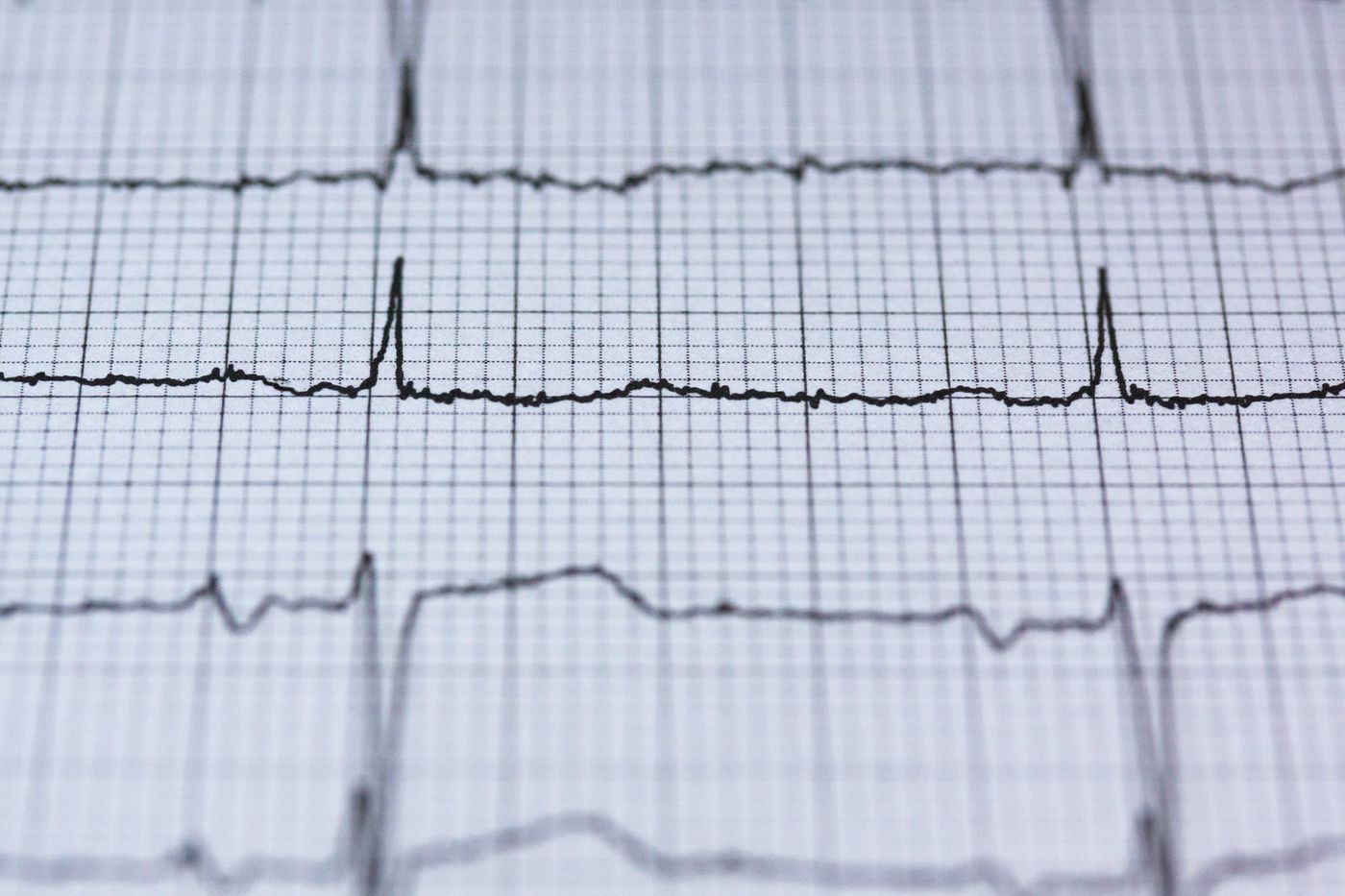靈氣對急性冠心病患 (ACS)自律神經的影響

放鬆療法(靈氣)對急性冠狀動脈後患者 (ACS)自律神經張力的生理影響 Physiologic Effect of Relaxation Therapies on Autonomic Tone Early After Acute Coronary Syndromes
研究作者:Rachel Summer Claire Friedman, Yale University
獲獎日期:2-23-2009
文件類型:開放性論文
學位名稱:醫生Medical Doctor (MD)
第一顧問:雷切爾蘭伯特 Rachel Lampert
摘要:
心肌梗塞後患者發生心律失常性猝死的風險增加。我們已知壓力和交感神經活化會影響心律失常的發生。雖然放鬆療法可以改善多種疾病的心理健康,但這些療法是否可以對心梗後患者的交感/迷走神經的平衡產生積極性的影響尚不清楚。我們探索了靈氣(一種以手輕觸的放鬆療法)和音樂對急性冠狀動脈綜合徵 (ACS) 住院患者的生理影響,使用心率變異性 (HRV) 評估治療期間對於心臟自主神經功能的變化。在過去 72 小時內,48 名 ACS 患者隨機接受靈氣、古典音樂或以控制“最小分心環境”的單次 20 分鐘治療。所有受試者均接受動態心電圖動態監測狀態。情緒狀態由李克特量表(Likert scale)評估。 HRV 在基線、干預和干預後期間均通過快速傅立葉變換頻譜分析(fast Fourier transformation )進行數據分析,高頻功率(對數常態分布-log normalized)通過變異數分析( ANOVA )與重複測量進行比較。在 12 名對照組、13 名音樂治療和 12 名靈氣患者中記錄了足夠的動態心電圖數據。 HRV 的高頻 (HF) 分量(一種副交感神經張力指數)在施作靈氣 (0.58±0.16) 期間顯著增加,但在音樂 (-0.1±0.16) 或控制組 (0.06±0.16) 期間沒有顯著增加。 RR 間隔隨著靈氣控制而顯著增加,但不會隨著音樂而增加。與對照組相比,靈氣組顯著減少了焦慮並增加了放鬆感(p=0.04),而音樂組則沒有。總之,接受靈氣訓練的護士輕觸心肌梗塞後接受者的迷走神經活動增加,焦慮減少。長期使用這種療法是否可以改善結果仍需要進一步研究。
研究結論:靈氣可增加急性冠狀動脈綜合症(ACS) 患者的迷走神經活動並減少焦慮狀態。 長期使用這種療法是否可以改善結果需要進一步研究。
註釋:這是一篇開放性論文。
推薦引文:
Friedman, Rachel Summer Claire,“急性冠脈綜合徵後早期放鬆療法對自主神經張力的生理影響”(2009 年)。 耶魯醫學論文數位圖書館。 408. https://elischolar.library.yale.edu/ymtdl/408
延伸閱讀:
Physiologic Effect of Relaxation Therapies on Autonomic Tone Early After Acute Coronary Syndromes
Rachel Summer Claire Friedman, Yale University
Date of Award
2-23-2009
Document Type
Open Access Thesis
Degree Name
Medical Doctor (MD)
First Advisor
Rachel Lampert
Abstract
Post-MI patients are at increased risk of arrhythmic sudden death. Stress and sympathetic activation are known to influence arrhythmogenesis. While relaxation therapies improve psychological well-being in multiple medical illnesses, whether these therapies can positively influence sympathovagal balance in the post-MI population is unknown. We explored the physiologic effects of Reiki, a light-touch relaxation therapy, and music on post-acute coronary syndrome (ACS) inpatients, using heart rate variability (HRV) to assess changes in cardiac autonomic function during treatment. Forty-eight patients with ACS within the last 72 hours were randomized to received a single 20-minute session of either Reiki, classical music, or a control "minimal distraction environment". All subjects underwent ambulatory ECG Holter monitoring. Emotional state was assessed by Likert scale. HRV was analyzed by spectral analysis via fast Fourier transformation during the baseline, intervention, and post-intervention periods and high-frequency power (lognormalized) compared via ANOVA with repeated measures. Adequate Holters were recorded in 12 control, 13 music, and 12 Reiki patients. High frequency (HF) component of HRV, an index of parasympathetic tone, increased significantly during Reiki (0.58±0.16) but not during music (-0.1±0.16) or control (0.06±0.16). RR interval increased significantly with Reiki and control, but not with music. Reiki significantly reduced reported anxiety and increased sense of relaxation compared to control (p=0.04), whereas music did not. In conclusion, post-MI recipients of light-touch from nurses trained in Reiki experienced increased vagal activity and decreased anxiety. Whether longer-term use of this therapy can improve outcomes requires further study.
Comments
This is an Open Access Thesis.
Recommended Citation
Friedman, Rachel Summer Claire, "Physiologic Effect of Relaxation Therapies on Autonomic Tone Early After Acute Coronary Syndromes" (2009). Yale Medicine Thesis Digital Library. 408.
